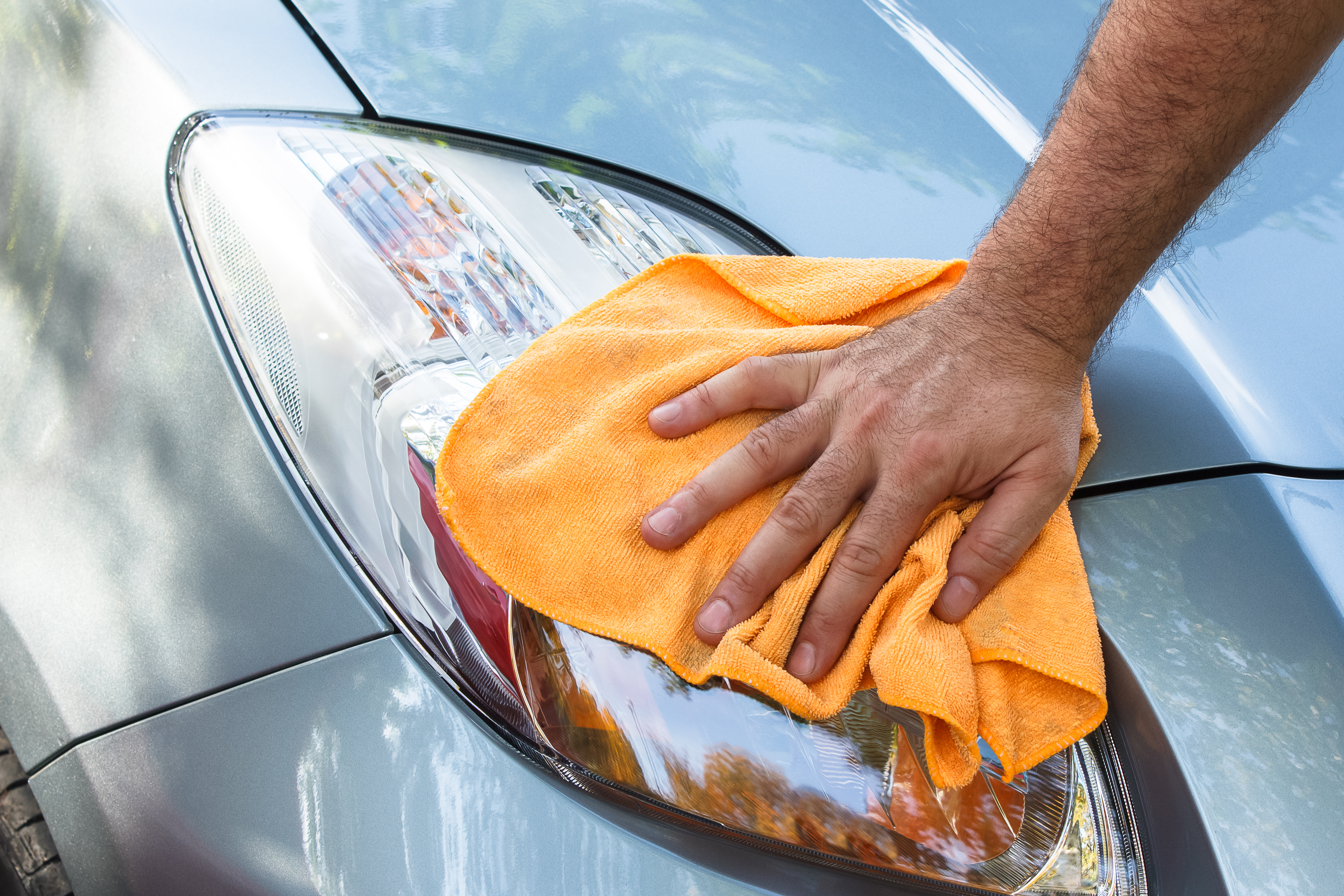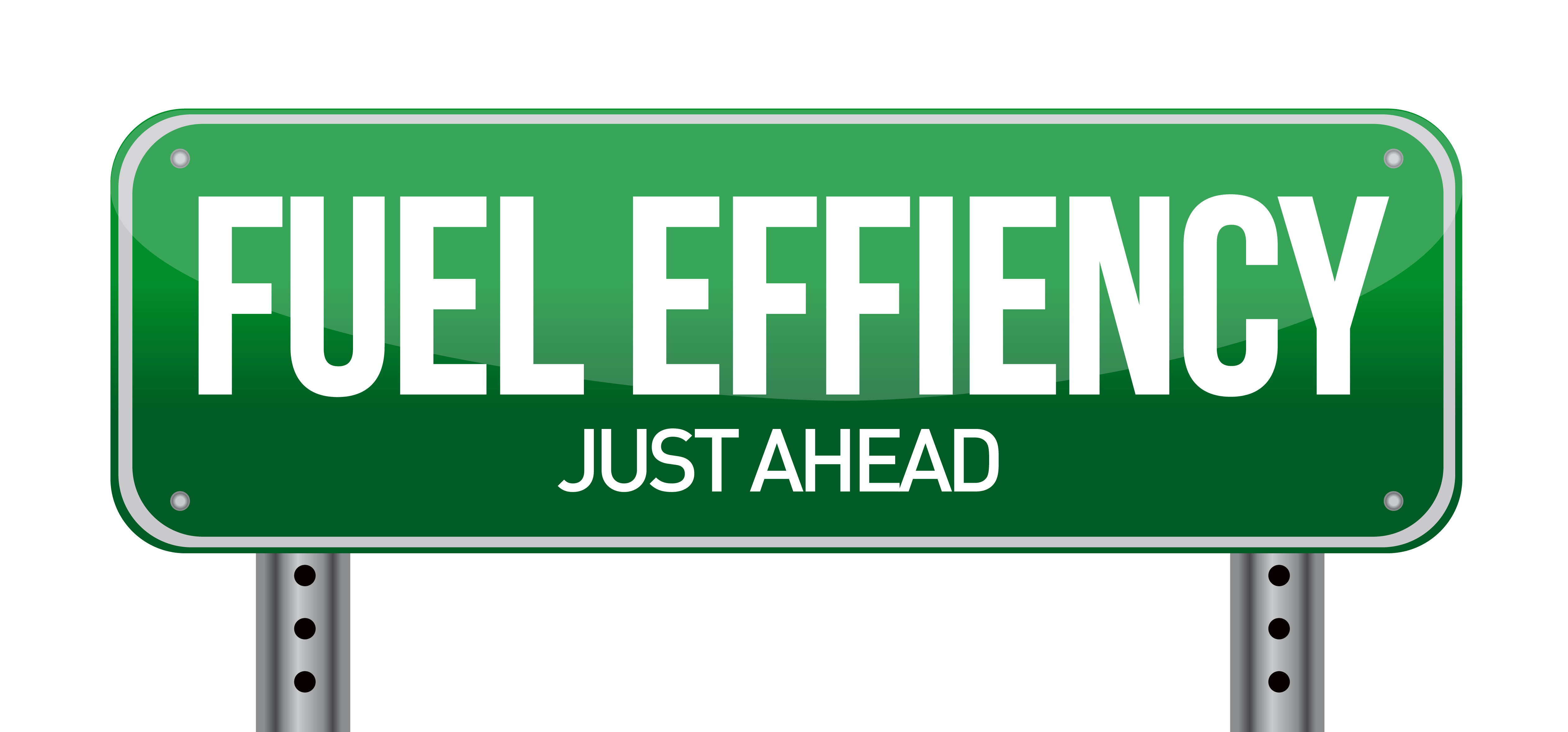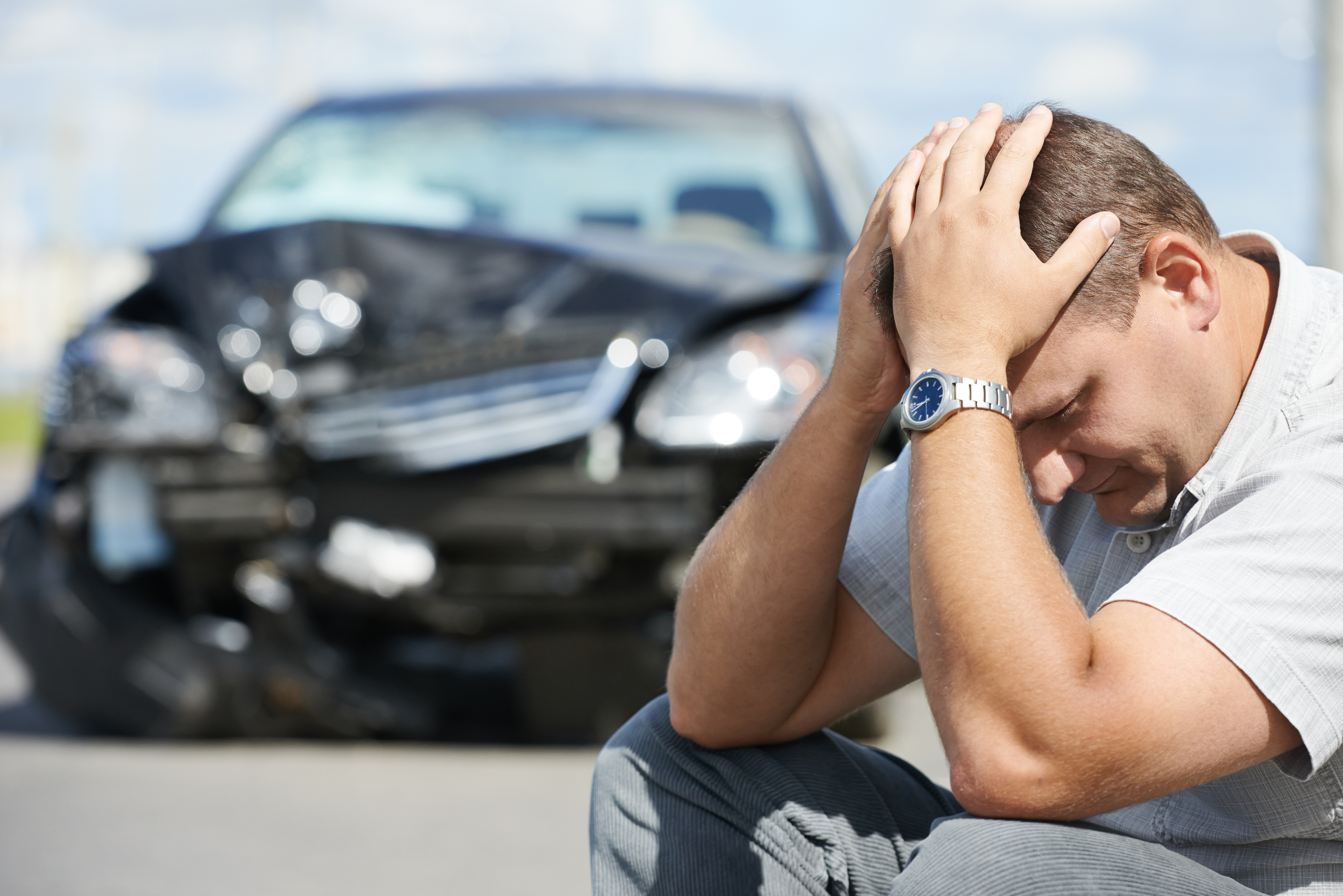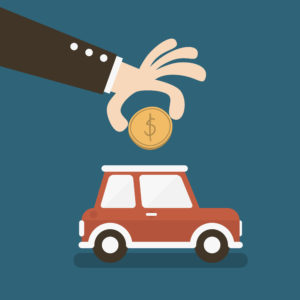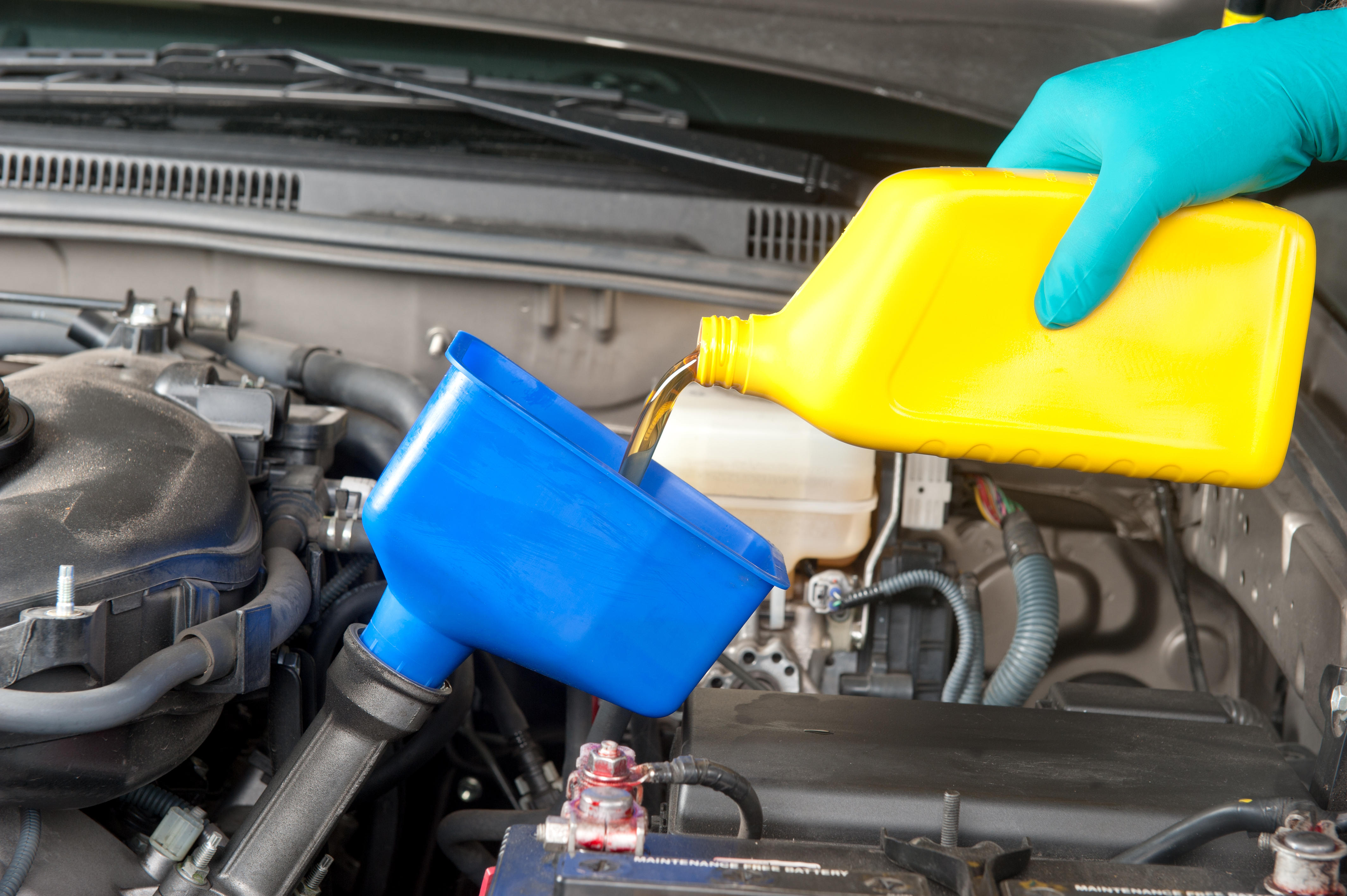Should You Pay Out of Pocket or File A Claim After Your Accident?
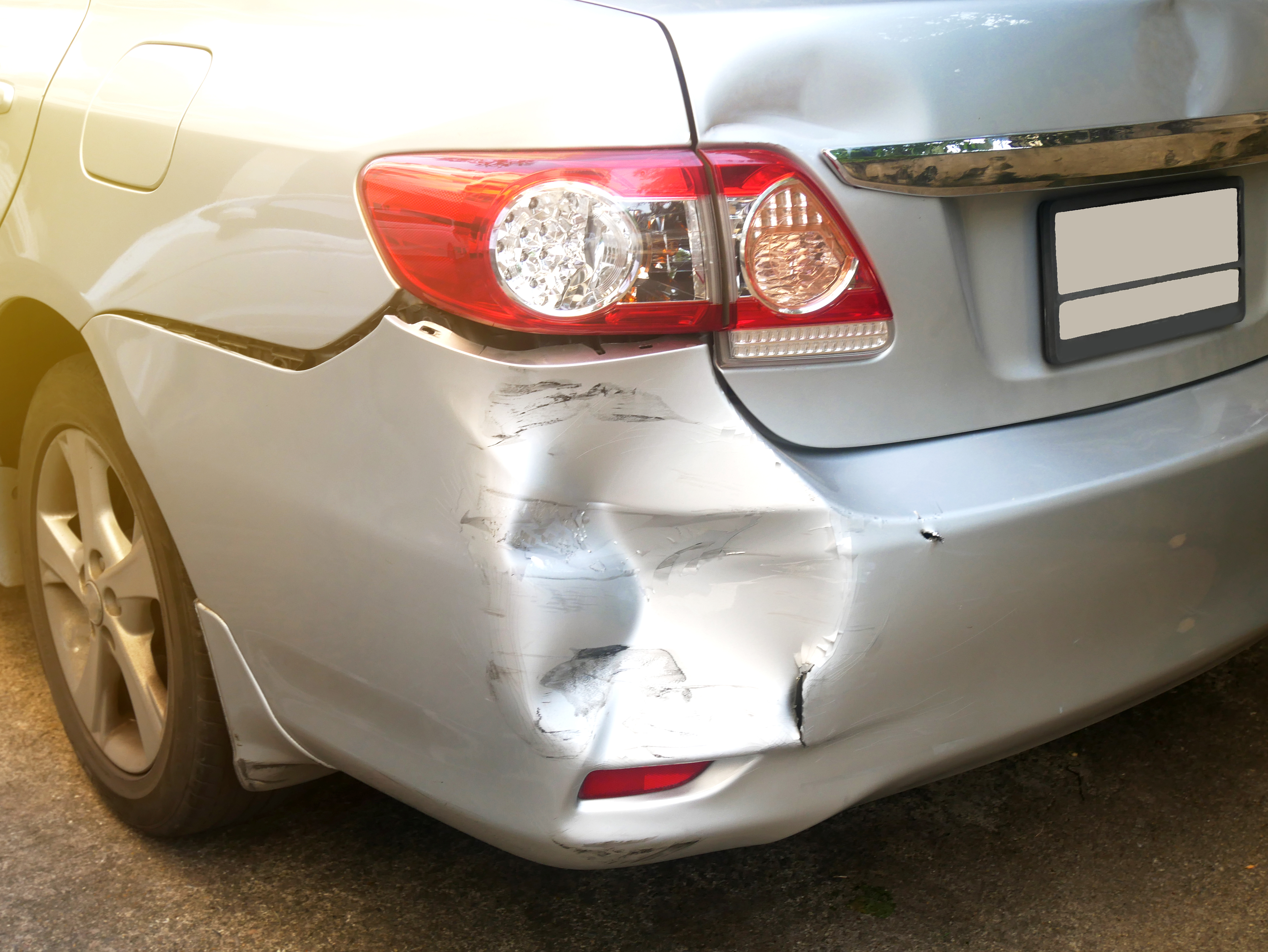
It’s pretty easy to know if you should file an insurance claim after an accident. If there’s significant damage or someone has been hurt, filing an insurance claim is a no brainer.
But what about those mishaps of accidentally backing into your mailbox, or a minor fender bender? It’s pretty straightforward that if you cause damage to anyone or someones property, you should let you insurance know.
However, if the accident only involves your property, you may have the option of paying out of pocket.
We are going to go over the benefits of filing an insurance claim or paying out of pocket, so you can make sure you’re making the best decision.
When Should You File A Claim?
It will be pretty clear when you will need to file an insurance claim. If your accident involves someone else and their property, you should file a claim. Even when it seems minor enough to get away without a claim, it’s safer to file one anyway.
You Never know
When an accident happens, you don’t truly know what’s going on inside the vehicle. Something major with the engine could have happened and could effect the persons drive home. Maybe it’s not the engine, but it could be something else important.
Even if the car is perfectly fine on the outside and inside, the person involved could have gotten whiplash. Symptoms usually appear within 24 hours after the incident that caused the whiplash. Sometimes, symptoms may develop after a few days. They can last for several weeks. That means this could cost a lot of money to the person who you hit. It can even cause permanent damage.
This is dangerous because if you haven’t filed a police report and insurance claim, later on your insurance could deny you the claim if you wait too long. Just as worse, the person could sue you for any physical damage… which will cost you lots of money.
Walking away with a handshake and slipping a few hundred dollars is a big risk down the road. It’s always better to be safe than sorry. If your insurance doesn’t think the claim is worth processing because it’s so small, at least you checked your boxes to be safe.
When Should You Pay Out of Pocket?
When the accident only involves you and your property, it’s your choice if you want to file a claim or not. If you have collision, comprehensive or personal injury protection insurance it will be easier to consider if you should make a claim or not.
Collision: covers damage to your car if you’re in an accident. Such as: hitting a light pole or a tree.
Comprehensive: insurance that will cover you against other types of damage to your car, such as a rogue hailstorm or vehicle theft.
Personal Injury Protection (PIP): covers medical bills if you injure yourself while driving or miss work payments due to injuries of your own accident.
Is the damage less than the deductible?
Your next step is to figure out how much the damage is going to cost in repairs. You may need to head over to the mechanic to get an accurate estimation for this. If it’s something like a fender bender, you can look up quotes online to get an idea of what it will cost you.
If the damages will cost less than your deductible, there’s no need to file a claim because insurance won’t cover the damage. For example, if your repairs cost $500 and your deductible is $1,000 – you haven’t reached the amount to where insurance would kick in. If the damage is higher than the deductible, you’ll have to make the decision as to whether you will file a claim or not.
Does your insurer offer Accident Forgiveness?
With some insurers, they will offer an Accident Forgiveness Policy. This means you get one free pass to file an at-fault claim and not get penalized with spiked premium prices.
Keep in mind, this only applies for your first at fault accident. If you get into another at fault accident, your premium rates will rise. However it does depend on your insurance company. Some offer policies that cover multiple accidents. If you do have accident forgiveness, accidents will stay on your record for 3 to five years.
Do you have an emergency fund?
If you have an emergency fund, this may be the emergency you want to use it on. As stated above, if the damages are less than the deductible – it might make more sense to pay out of pocket.
However, even if the damages are $500, that can be a big hit financially for some people. It’s important to have an emergency fund set aside for out-of-the-blue accidents that occur. If you have enough money in your emergency fund to cover the out of pocket cost of the damages, don’t file a claim.
Have you racked up traffic violations or insurance claims?
When you acquire too many traffic violations or insurance claims within a short period of time, your premium rates can skyrocket. Not only that, but mess up too many times and your insurer may even drop you when your policy expires.
If it’s been 3 to five years since your last claim, you’ll probably be ok. However, each insurance company is different, so make sure you’re aware of your companies guidelines.
Traffic violations and insurance claims stay on your record for a few years, typically. So if you can afford to pay the minor damages out of pocket without filing a claim, that may be the best option.
Look around!
Sometimes life happens and you get in an accident that needs a claim to be filed. In this case, you’ll probably see your rates spike — fret not. It’s worth checking your rate with other insurers. Even if your policy isn’t up, check around to see if you can get a cheaper policy. You could find a much cheaper option and save money, despite your past insurance claims. Below you can get quotes for car insurance to ensure you’re getting the cheapest rates possible.
Quick Money Savings Tip For Safe Drivers
There are dozens of auto insurers – Which one will give you the best rate?
Step 1) Choose your vehicle make below.
Step 2) On the next page, complete the 4 minute questionnaire, and you'll have the opportunity compare the best rates in your area.
Step 3) Keep more money and possibly save hundreds!


